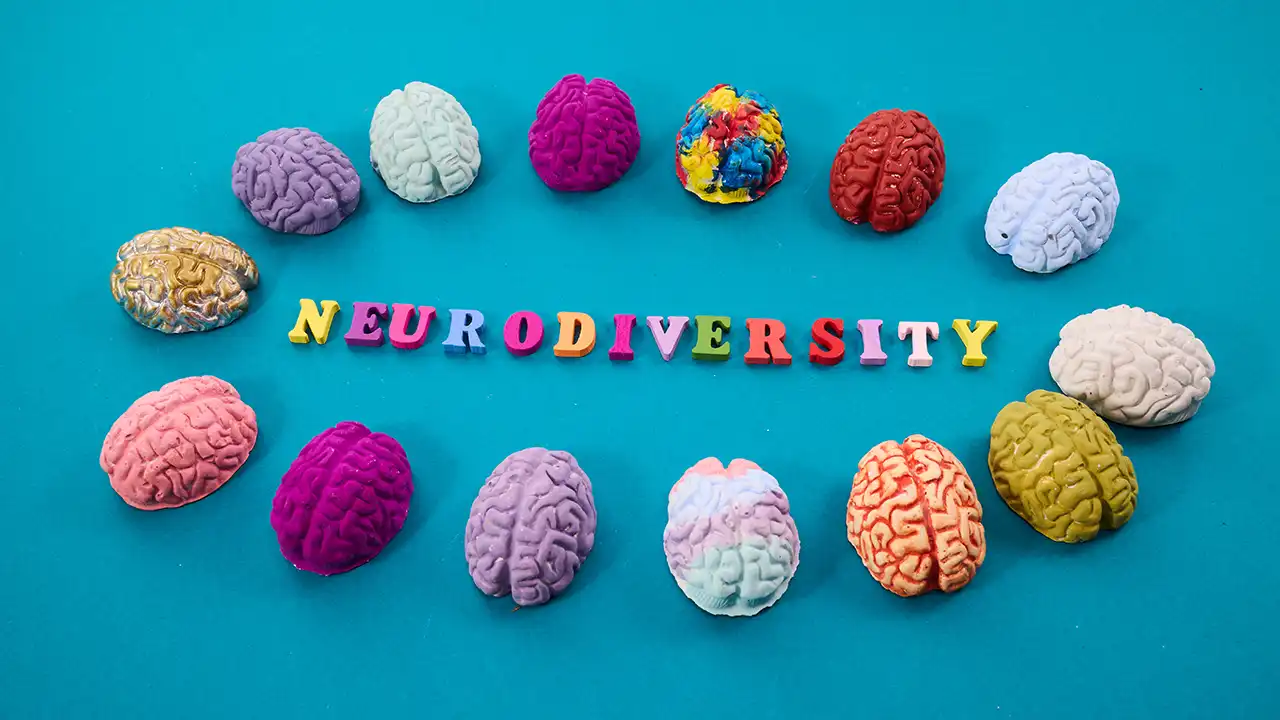What if we told you that there’s no “normal” brain? That our differences in how we think, learn, and interact with the world aren’t deficits, but part of the beautiful diversity of being human?
That’s the heart of Neurodiversity Awareness. It's not about labeling people as "broken" or "less than"—it's about celebrating the natural variations in how our brains are wired. Whether you’re neurodivergent yourself or simply want to be a better ally, awareness is the first step toward understanding, empathy, and inclusion.
What Is Neurodiversity?
Neurodiversity is the idea that neurological differences are part of human diversity. This includes conditions such as:
- Autism Spectrum Disorder (ASD)
- ADHD (Attention Deficit Hyperactivity Disorder)
- Dyslexia and other learning differences
- Tourette Syndrome
- Sensory Processing Disorder
- And more
Rather than viewing these as disorders to be "fixed," the neurodiversity movement embraces them as differences that come with unique challenges and unique strengths.
Why Awareness Matters
Many neurodivergent individuals face stigma, misunderstanding, and exclusion. Awareness helps shift the conversation from “What’s wrong?” to “What support and understanding does this person need to thrive?”
When we foster awareness:
- Students feel safer and more supported in school
- Workplaces become more inclusive and innovative
- Families better understand their loved ones
- Society becomes more compassionate
Strengths in Neurodiversity
Neurodivergent individuals often bring incredible gifts to the table, including:
- Creative problem-solving
- Strong pattern recognition
- Hyper-focus and deep passion
- Innovative thinking
- Unique perspectives
When supported and understood, neurodivergent people often excel in ways that traditional systems overlook.
How to Support Neurodivergent Individuals
Listen Without Judgment
Everyone experiences the world differently. Don’t assume—ask, listen, and learn.
Provide Accommodations
Support can look like quiet spaces, flexible routines, sensory tools, or alternative ways of learning and working.
Use Respectful Language
Honor how people choose to describe themselves (e.g., identity-first like “autistic person” or person-first like “person with ADHD”).
Educate Yourself and Others
Read books, follow advocates, attend trainings, and teach children early that different isn’t bad—it’s just different.
Celebrate, Don’t Just Tolerate
Inclusion goes beyond “making room.” It’s about valuing neurodivergent people for who they are.
A More Inclusive World Starts With Us
Neurodiversity Awareness is more than a hashtag. It’s a mindset—one that says every brain is worthy, capable, and full of potential. When we change our systems to support all kinds of minds, everyone benefits.
Let’s raise awareness. Let’s challenge stigma. Let’s celebrate the power of different.
Need Resources or Support?
Organizations like the Autistic Self Advocacy Network (ASAN), ADDitude Magazine, and the National Center for Learning Disabilities offer free tools, community, and education.



.png)
.png)